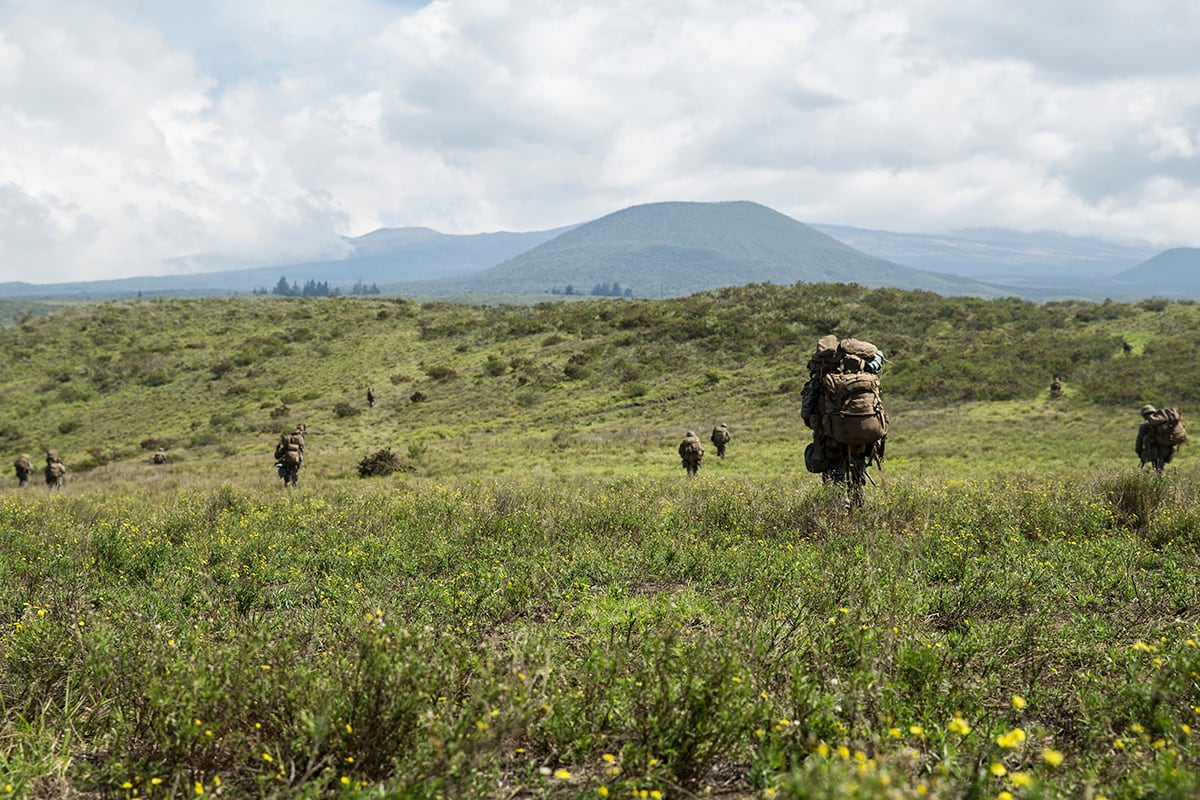HILO, Hawaii — A judge has ruled that the state failed to care for land at the Pohakuloa Training Area on the Big Island.
Oahu Circuit Judge Gary Chang on Tuesday issued an order requiring the Department of Land and Natural Resources to inspect the training area to ensure that the U.S. Army is complying with the terms of the lease it entered into in August 1964. The lease requires the Army to “remove or deactivate” training ammunition before public access and to “remove or bury all trash, garbage or other waste materials.”
A lawsuit filed in 2014 by Clarence Ching and Maxine Kahaulelio claimed the department failed to monitor compliance with the lease. Ching and Kahaulelio showed the court during the trial how unexploded ordnance and other military debris was left scattered across the training ground.
The judge found that state officials “breached their trust duties” even though they were fully aware that live-fire training and other military training activities posed “a significant and substantial risk of harm or damage” to the state lands. The judge’s order asks for a plan to be submitted to the court by Dec. 28 requiring a written stewardship plan, regular monitoring and inspections, inspection reports with recommendations, procedures for addressing violations and debris removal plans.
Chang also prohibited the department from entering into a new lease until the state Board of Land and Natural Resources issues a written determination that the Army is complying with the existing lease, which expires in 2029.
The department said after the ruling that it will work with the involved parties to develop a formal inspection process. The department’s statement added that the state attorney general will continue to review the court order to determine whether the state will appeal and or take any other steps.
The Pohakuloa Training Area is a 156-square-mile (404-square-kilometer) property used by the Army for combat training. Some 31 square miles (80 square kilometers) of the military outpost are owned by the state and have been leased to the Army since 1964 for $1.




